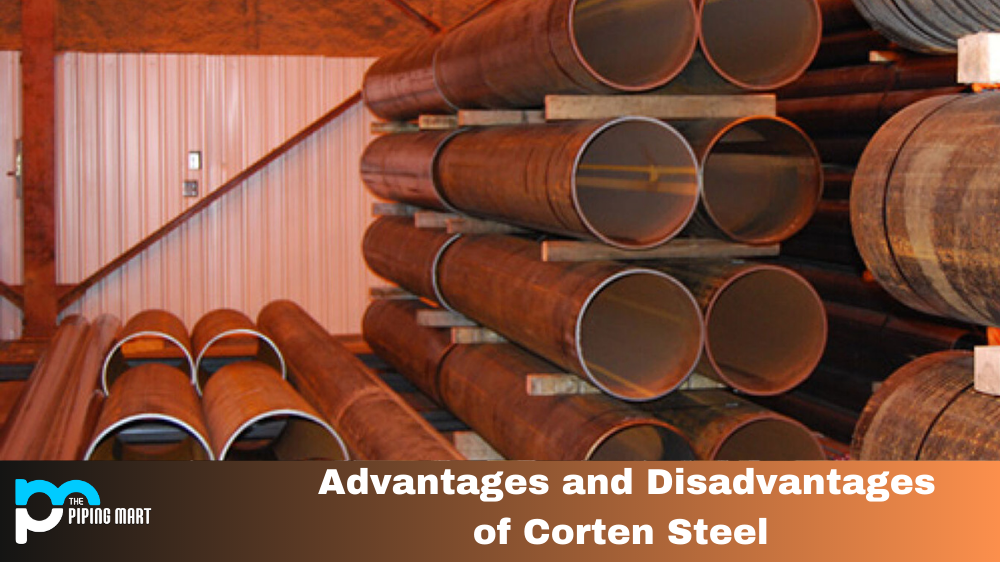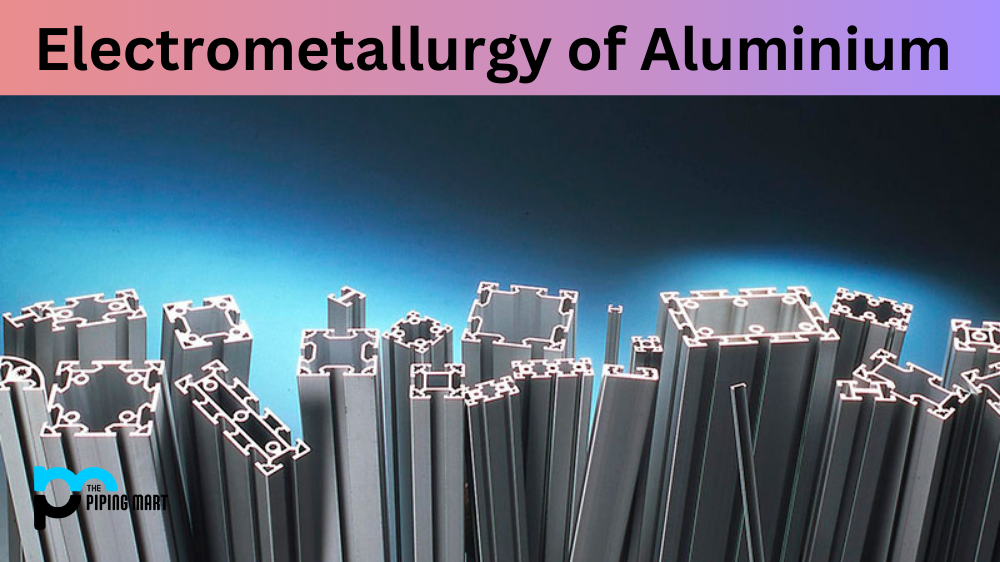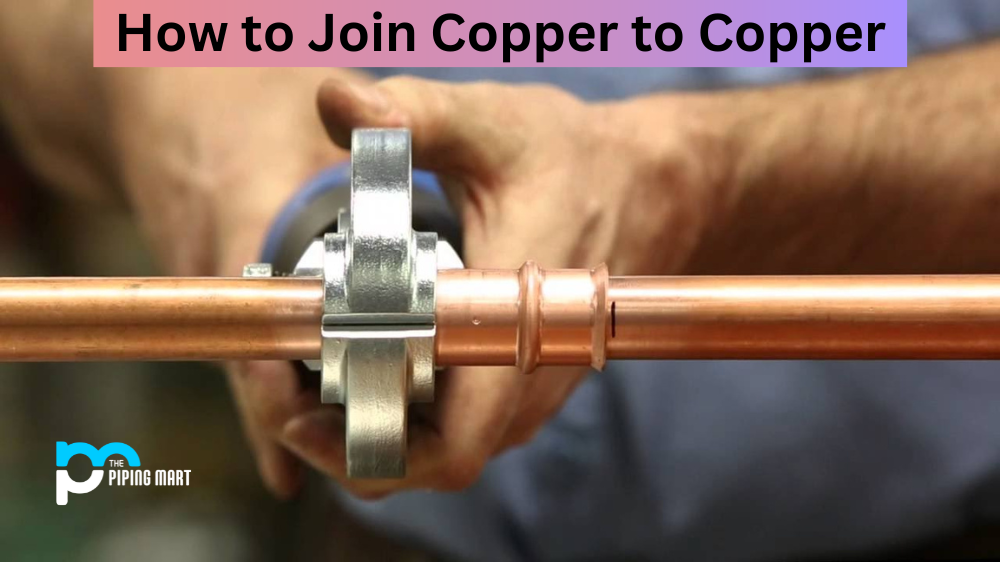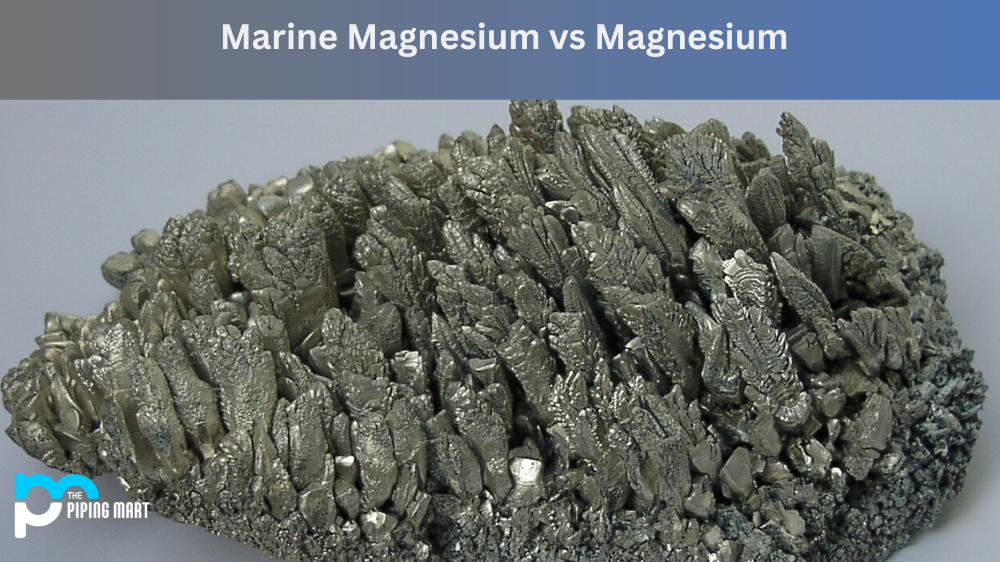Corten steel has become a popular material choice in modern architecture. It offers some benefits, including improved structural stability and a unique aesthetic appeal. But it’s not without its drawbacks. This blog post will explore the advantages and disadvantages of using Corten steel for your next construction project.
5 Advantages of Corten Steel
One of the most significant advantages of using Corten steel is its corrosion resistance. The alloying elements in the metal form a protective layer that prevents water from seeping into the metal and corroding it from within. This means you don’t have to worry about rust or other forms of corrosion on your structure over time.
Corten steel is also known for its exceptional strength and durability. It has excellent tensile strength, making it an ideal choice for structures that must withstand heavy loads or extreme weather conditions. Furthermore, Corten steel has a unique patina finish that adds an interesting texture to your structure’s exterior. This makes it perfect for projects where aesthetics are essential.
Long-lasting
Corten steel is a type of steel that is designed to withstand the elements. The steel is created using a process that adds alloys to the metal, which makes it stronger and more resistant to corrosion. Corten steel can last for decades without needing to be replaced, making it an extremely cost-effective material.
Requires Low Maintenance
Corten steel also requires very little maintenance, as it is designed to weather naturally. The steel does not need to be painted or treated in any way, as it will develop a protective patina over time. This patina will help to prevent further corrosion, making the steel even more durable.
Is Eco-Friendly
Corten steel is also eco-friendly, as it can be recycled and reused. Steel does not release toxins or chemicals into the environment, making it safe for people and animals. Additionally, the production of corten steel requires less energy than traditional steel, making it a more sustainable option.
Adds Visual Interest
Because of its unique appearance, corten steel can also add visual interest to a space. The steel develops a rust-like patina over time, which can create a beautiful weathered look. Corten steel can also be used in sculptures and other art forms, as its unique appearance can add intrigue and interest.
It Is Versatile
Corten steel is extremely versatile and can be used in various applications. The steel can be used for structural and aesthetic purposes, making it a popular choice for home and commercial projects.
5 Disadvantages of Corten Steel
Although Corten steel has many advantages, there are some drawbacks as well. One issue is that it can be difficult to source because limited suppliers offer this material in various sizes and thicknesses. In addition, this type of steel can be more expensive than traditional carbon steel due to its limited availability and increased production costs associated with manufacturing it.
Cost
One of the primary disadvantages of Corten steel is its cost. Corten steel is more expensive than other types of steel, making it difficult to use in projects where budget is a concern.
Susceptibility to Rusting
Another disadvantage of Corten steel is its susceptibility to rusting. Corten steel is designed to form a protective layer of rust on its surface, but it can break down over time, leaving the steel vulnerable to corrosion.
Limited Availability
Corten steel is also available in limited quantities, making it difficult to find for some projects. This can lead to delays or even the need to change materials altogether.
Difficult to Work With
Corten steel can also be difficult to work with, as it is harder than other types of steel. This can make cutting, welding, and other forms of fabrication more difficult and time-consuming.
Aesthetics
Some people also dislike the aesthetics of Corten steel, as the rusting process can create an uneven or patchy appearance.
Conclusion
To sum up, Corten steel offers many benefits when used in construction projects due to its corrosion resistance, strength, durability, and aesthetic appeal. However, there are some drawbacks, such as limited availability and higher costs associated with the production process compared to regular carbon steels. Ultimately, whether or not you decide to use this material will depend on your specific needs for your project and budget requirements. Weighing all these factors carefully will help you decide what type of material is best for your next construction project!

Abhishek is a seasoned blogger and industry expert, sharing his insights and knowledge on various topics. With his research, Abhishek offers valuable insights and tips for professionals and enthusiasts. Follow him for expert advice on the latest trends and developments in the metal industry.




